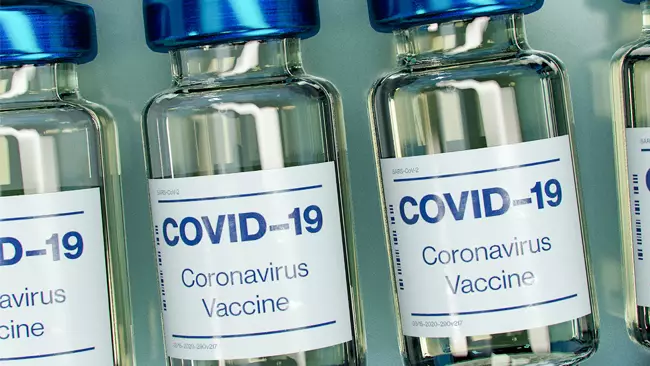Many same sex couples dream of having children and raising them in happy families. However, unlike heterosexual couples, same sex couples face more difficult child custody issues when their relationships end. These issues are particularly vexing when a same sex couple has a child during the relationship through artificial insemination. (I variously refer to “him” and “her” in this article. The analysis of the issue should be similar for male or female same sex couples. However, I am not aware of a male same sex couple’s case having been decided by a North Carolina appellate court to date).
In these situations, the partner that donated sperm or gave birth to the child is a biological parent. The partner that did not give birth to the child or donate sperm for the child (i.e. not the biological parent) can have an uphill battle to secure legal or physical custody of the child.
There have been only three cases on same sex couple custody issues heard by North Carolina’s appellate courts. They are Heatzig v. MacLean, Estroff v. Chaterjee, and Mason v. Dwinnell. All of these cases were decided in 2008. This trilogy of cases has created the law that now governs same sex couples’ custody cases in North Carolina.
Under these cases, the factor that presents the biggest complication for same sex couples in custody determinations is the constitutional protection provided to biological parents in North Carolina. North Carolina’s courts aggressively protect the fundamental rights of a biological parent to raise their children without interference from others. Our courts have interpreted the Due Process Clause of the Fourteenth Amendment to protect this right.
Under North Carolina’s current law, a biological parent’s right to make fundamental decisions regarding her child’s care, custody and control can only be shared if the biological parent has acted inconsistently with her status as a parent. This dynamic makes it very difficult for the partner that did not give birth or donate sperm to obtain custody rights of a child born of the same sex relationship.
Whether a biological parent has acted in a manner that jeopardizes her constitutional protections is determined by the facts of each particular case. But as general guidelines, the courts have focused on two factors: Whether the biological parent has voluntarily chosen to create a family unit with the child and her partner, and whether the biological parent has ceded her parental responsibility and decision making authority to her partner.
In evaluating these two factors, the courts have created a laundry list of evidence that can be considered:
– Whether the couple jointly made the decision to start a family
– Whether the biological parent intentionally identified his partner as a parent (to friends, schools, doctors, churches, etc…)
– Whether the sperm donor was selected based on physical characteristics of the partner
– Whether the surname of the partner was used for the child
– Whether the partner participated in the pregnancy and the child birth
– Whether and for how long the couple and the child functioned as a family
– Whether the parties shared custody after the separation and before the lawsuit
– Whether the biological parent encouraged and fostered an emotional and psychological bond between the child and the partner
– Whether the partner provided care and financial support for the child
– Whether the child considers the partner to be a parent
– Whether the parent and the partner exercised joint decision making power regarding the child
– Whether the partner had a medical power of attorney for the child
– Whether the partner intended to create a permanent parent-like relationship between the parent and the child
Despite this list, the courts will likely consider any evidence that reflects on the relationship between the parent, partner and the child.
If and only if the partner can show that the biological parent has acted inconsistently with his parental rights, then the court will determine a custody arrangement based on the best interests of the child. However, the best interests of the child are not considered unless and until the constitutional protections of the biological parent have been overcome. If the constitutional protections of the biological parent are overcome, then a same sex couple’s custody case becomes identical to a heterosexual couple’s case.
As highlighted by the cases on this issue, each case has to be determined based on the particular situation of the couple involved in the case. So, anyone involved in a same sex relationship that produced a child should consult an attorney to evaluate their particular case.
However, as a general rule, the more that a biological parent voluntarily shares the parenting responsibilities with his or her partner, the stronger the partner’s case for seeking custody of the child if the same sex relationship ends.



